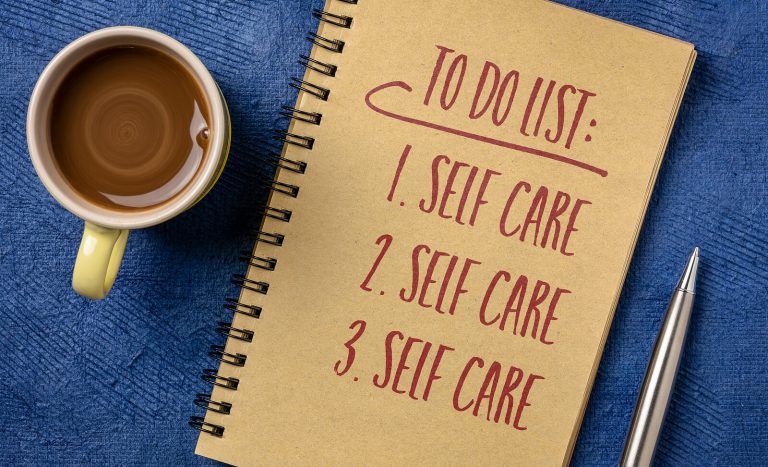Antidepressant Effects of Exercise: Step 3 to Living Depression Free

The powerful antidepressant effects of exercise are well documented in the research. Stephen Ilardi, Ph.D. includes exercise as part of the Therapeutic Lifestyle Change in his book The Depression Cure: The 6-Step Program to Beat Depression Without Drugs. Although we are focusing on depression in this article, please remember exercise is good for you in every way. For example, research is clear exercise is effective for those who struggle with anxiety, stress, and ADHD.
In this post, we will focus on the benefits of exercise for those who struggle with depression. There is a fair amount of research on the benefits of exercise for those who are depressed. In fact, there have been over a dozen clinical studies that demonstrate exercise is just as effective, if not more so, than antidepressants.
Since those who struggle with depression often have difficulty getting up in the morning, exercise can seem overwhelming. Most of those who struggle with depression would not say running a marathon is a good idea! So, the next question becomes, “How much do I need to exercise?”
Research indicates you will get the antidepressant effects of exercise if you go on a 30 minute brisk walk three times a week. Pretty powerful! To get a stronger antidepressant effect engage in aerobic activity three times per week for at least 30 minutes each time. Aerobic activity where you get your heart rate up is most powerful when combating depression.
Does the idea of engaging in exercise to improve your mood sparks your interest? If so, I have some ideas for you. First, I would recommend you come up with a list of different activities that you enjoy. Activities such as walking, swimming, skiing, hiking, biking, team sports, and dance all count! Once you have your list of activities put exercise in your schedule.
For this to work, you need to treat exercise as vital to your survival. It needs to be a priority like eating and sleeping are. If you can develop a routine for exercising it will be easier to be consistent. For example, carve out some time to exercise Monday, Wednesday, and Friday each week at the same time. It will likely be challenging to get going with your new habit.
Once in the habit having a consistent schedule will make continuing to exercise much easier. Think about other things you do as part of your routine (i.e., brushing your teeth, brushing your hair, etc.). You probably don’t put much effort into follow through with the activities that are part of your routine. Once you can have exercise as part of your routine you will do it with greater ease. You can reap the benefits exercise has for your emotional and physical health.
If you need help with depression, please read through our website. You can also sign up for our free report and get on our mailing list. If you would like to be connected to a counselor call 720-583-9332.
Written by Dr. Steffanie Stecker
Schedule an Appointment
We believe in an integrative and holistic approach to help you make the changes you want. Contact us now to schedule an appointment or to request a 20 minute free phone consultation. During this session, you will be invited to share your story and ask any questions you may have.
Recent Articles
Now Serving South Denver: Mountain Vista Psychology Opens New Location for Counseling, Neurofeedback & Testing
To The Wonderful Mountain Vista Psychology community: We have some exciting news to share: We are Growing and Excited to…
ADHD Testing: How Women Are Underdiagnosed and Misunderstood
Attention-Deficit/Hyperactivity Disorder (ADHD) is one of the most widely discussed and most commonly diagnosed disorders today. ADHD is more than…
What Does Self-Care Look Like in Motherhood
Motherhood can be a beautiful, transformative journey, but it is also exhausting, overwhelming, and often self-sacrificing. Somewhere between diaper changes,…
How Online Therapy Can Support Busy Mom Schedules
Motherhood is beautiful, but it is also exhausting, isolating, and overwhelming at times. So, let us just say it out…





